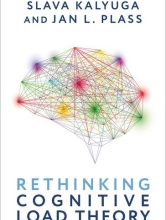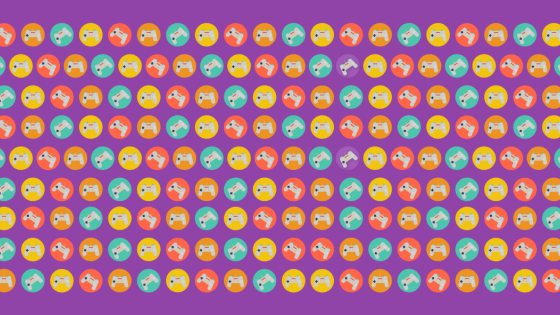
We are excited to announce Rethinking Cognitive Load Theory, co-authored by Slava Kalyuga and Jan L. Plass, published by Oxford University Press.
This update to the popular instructional theory makes three major modifications based on recent theoretical developments and empirical research findings:
- Return to two sources of load: Extending the arguments by Sweller, Ayres, and Kalyuga (2011), germane cognitive load is no longer considered a separate source of cognitive load due to the many conceptual problems it created. Intrinsic and extraneous load are the only two sources of load in the revised theory, with a broadened definition of both.
- Taking a goal-driven approach: The revised theory makes learner activities aimed at specific instructional goals (and subgoals) the focus of the analysis and broadens the goals that are considered beyond schema acquisition.
Incorporating motivational and affective goals: The revised theory acknowledges goals related to learner motivation and learner emotions as goals for specific phases (or sub-activities) of the learning activity. This allows for a better application of the theory to simulation- and game-based learning environments.

